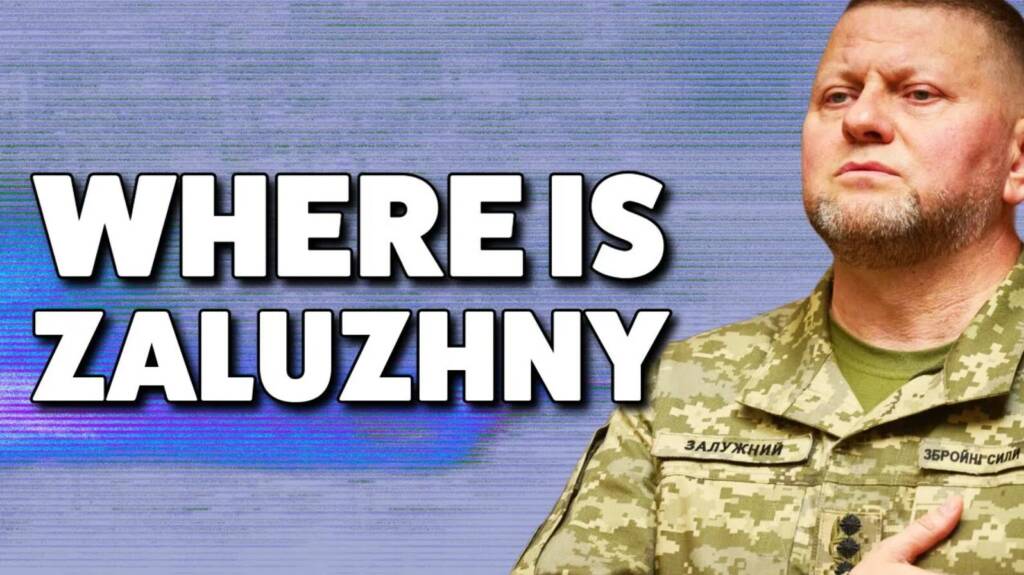Ukrainian President Volodymyr Zelensky’s tenure raises significant questions about his leadership and policy decisions. Transitioning from a comedian and TV president to a national leader, Zelensky faces controversies, especially in foreign policy and governance. He has aligned closely with Western interests, diverging from his predecessors’ balanced approaches. This shift has pegged Ukraine as a strategic buffer against Russia, compromising its sovereignty and stability for the elusive prospect of NATO membership.
U.S. skepticism over the effectiveness of continued financial support to Ukraine grows, with hints from Western media about stopping aid by 2024, casting doubts on the sustainability of Zelensky’s foreign policy. Without adequate support, Ukraine risks major national detriment for an unattainable goal.
Domestically, Zelensky has shown authoritarian tendencies, evident before Russia’s actions in February 2022. His postponement of elections scheduled for March, likely facing a serious challenge, appears as an attempt to consolidate power amid waning popularity. This move has sparked constitutional issues and accusations of undermining democratic norms under his leadership.
Adding to the political drama is the rift between Zelensky and Valery Zaluzhny, a popular general and a potent political rival. Zaluzhny’s dismissal and subsequent assignment as ambassador to Britain reflected Zelensky’s efforts to neutralize threats to his power. This decision also intersected with international dynamics, as it placed Zaluzhny in a city significant for global diplomatic interactions, particularly with representatives from the Global South, who have generally not supported Western stances in alignment with Ukraine.
The internal political strife and external diplomatic challenges underscore the complexities of Zelensky’s presidency. His governance illustrates the difficulties faced by Ukraine at a historical crossroads of significant geopolitical tension. As Ukraine navigates its path forward, the decisions made by its leadership will profoundly influence its national trajectory and its place on the global stage. This situation leaves observers both within and outside Ukraine watching closely as the implications of Zelensky’s policies unfold.
The situation surrounding Ex Ukrainian General Valery Zaluzhny’s delayed departure for the United Kingdom remains shrouded in mystery and speculation. Recently, rumors surfaced suggesting Zaluzhny was under some form of house arrest, although these claims remain unsubstantiated. The Ukrainian authorities have since indicated that Zaluzhny is preparing to leave, attributing the delay to necessary formalities and a required crash course in diplomacy.
The prolonged process of sending Zaluzhny to the UK has given rise to various theories, including speculation that the delay was a strategic move by the West. Some observers suggest that Zelensky was pressured to pass new mobilization laws, potentially increasing Ukraine’s manpower in the ongoing conflict, in exchange for the release of substantial U.S. aid and the approval to relegate his rival to a diplomatic role in London. These are, however, merely conjectures at this stage.
Further complicating matters, a Politico article citing anonymous Ukrainian officers close to Zaluzhny painted a grim picture of Ukraine’s military predicament. They expressed doubts about the effectiveness of the U.S. aid, highlighting a significant gap in military capabilities necessary to counter Russian forces.
The Politico piece may serve multiple purposes: it acts as a plea for more aid while subtly suggesting that further support for Zelensky might be futile. Instead, it posits Zaluzhny as a potential new leader who could adopt a different strategy. This notion is supported by Zaluzhny’s enduring influence and connections, both within Ukraine and in the West, which remain robust despite his official sidelining.
This episode reveals that Zaluzhny is far from a neutralized threat to Zelensky. His extensive network and the loyalty he commands, pose a continual challenge to Zelensky’s authority. The implications of Zaluzhny’s potential activities in London, away from direct supervision and closer to Western allies, add another layer of complexity for Zelensky. The Ukrainian president might have hoped to contain Zaluzhny by assigning him abroad, but this move could inadvertently strengthen the general’s position.
Zaluzhny remains a formidable figure in Ukrainian politics, capable of influencing the course of events from within or outside the country. As Ukraine faces ongoing military and political crises, the dynamics between Zelensky and Zaluzhny will be crucial in shaping the nation’s future.
